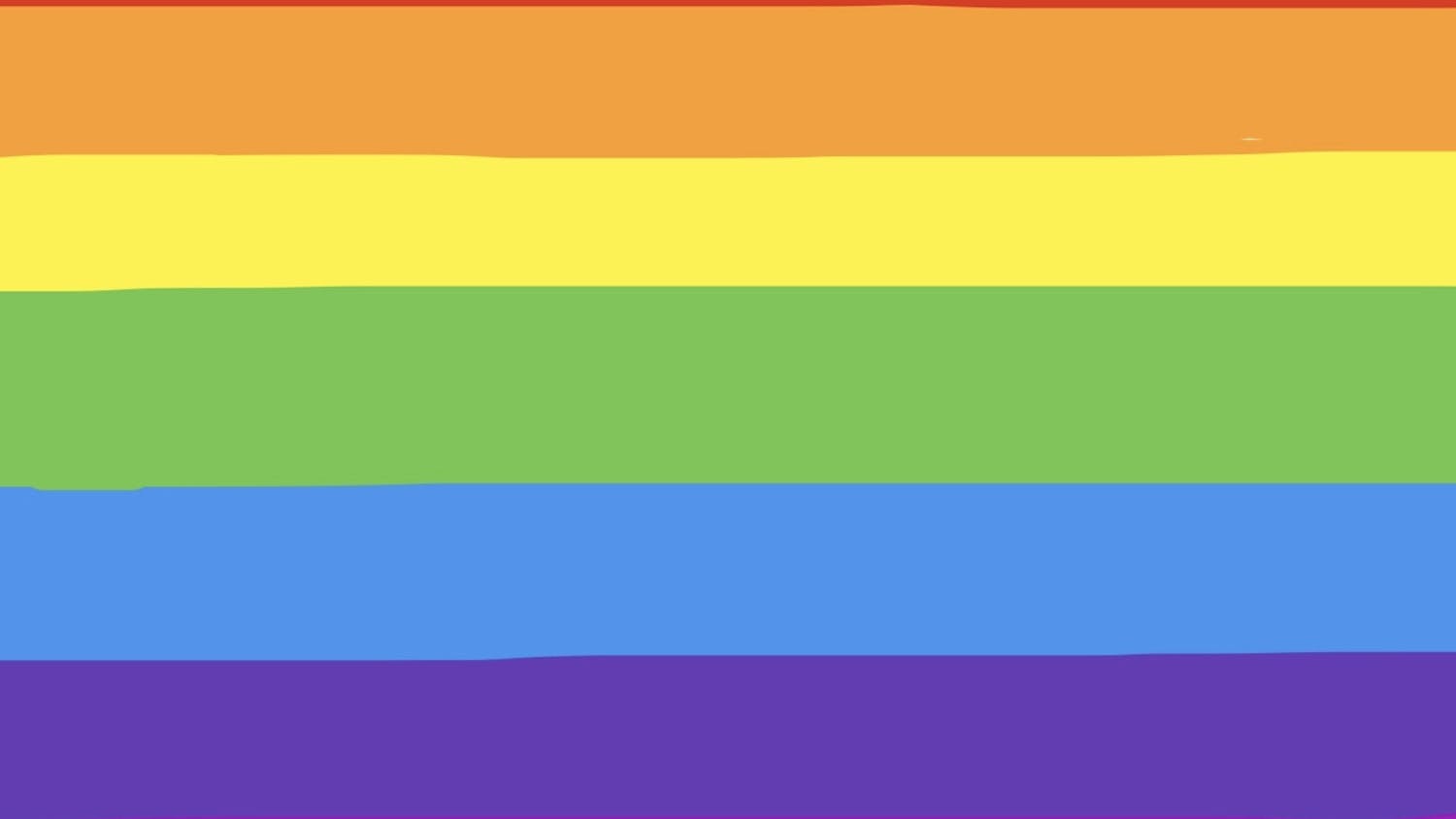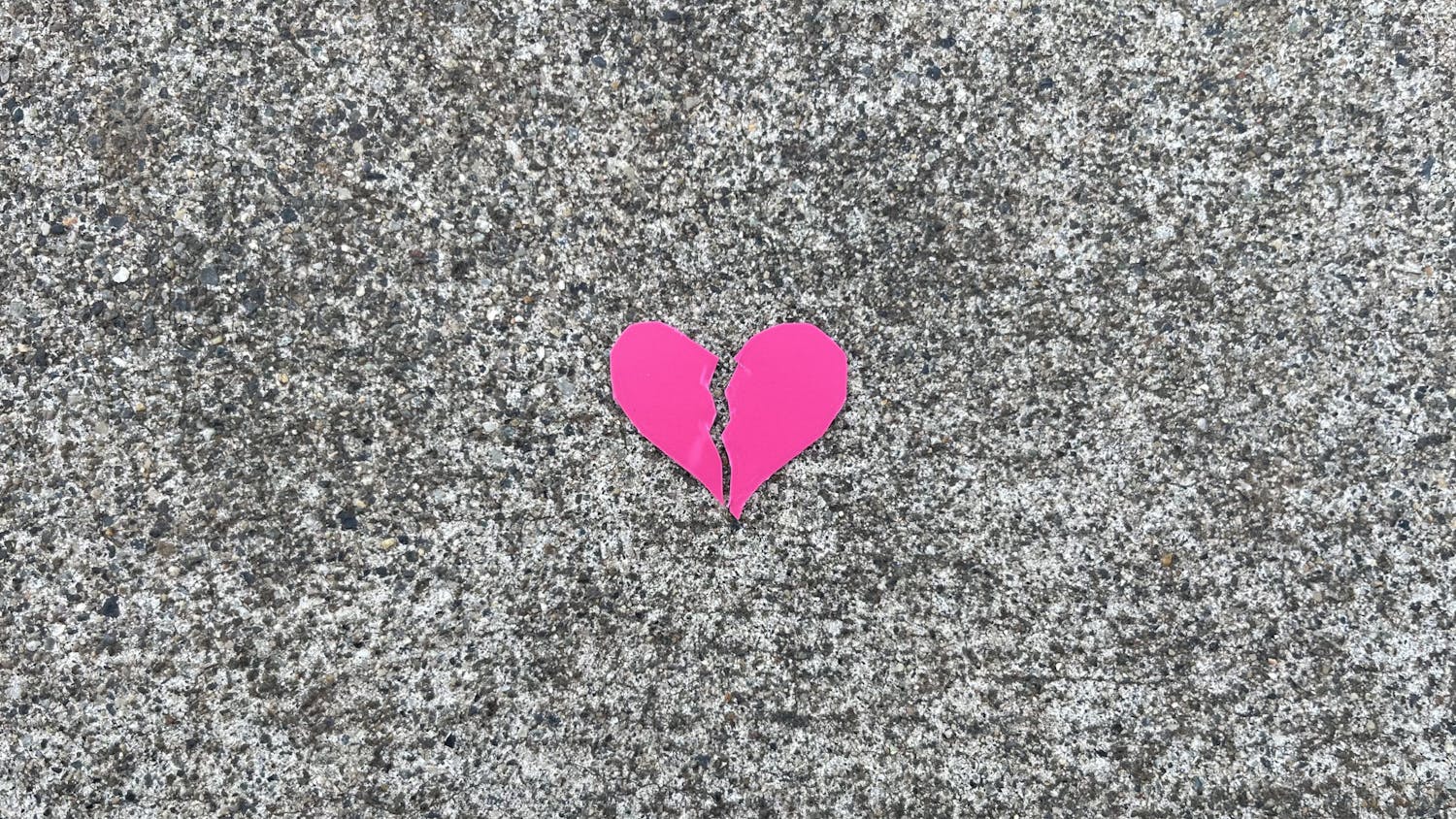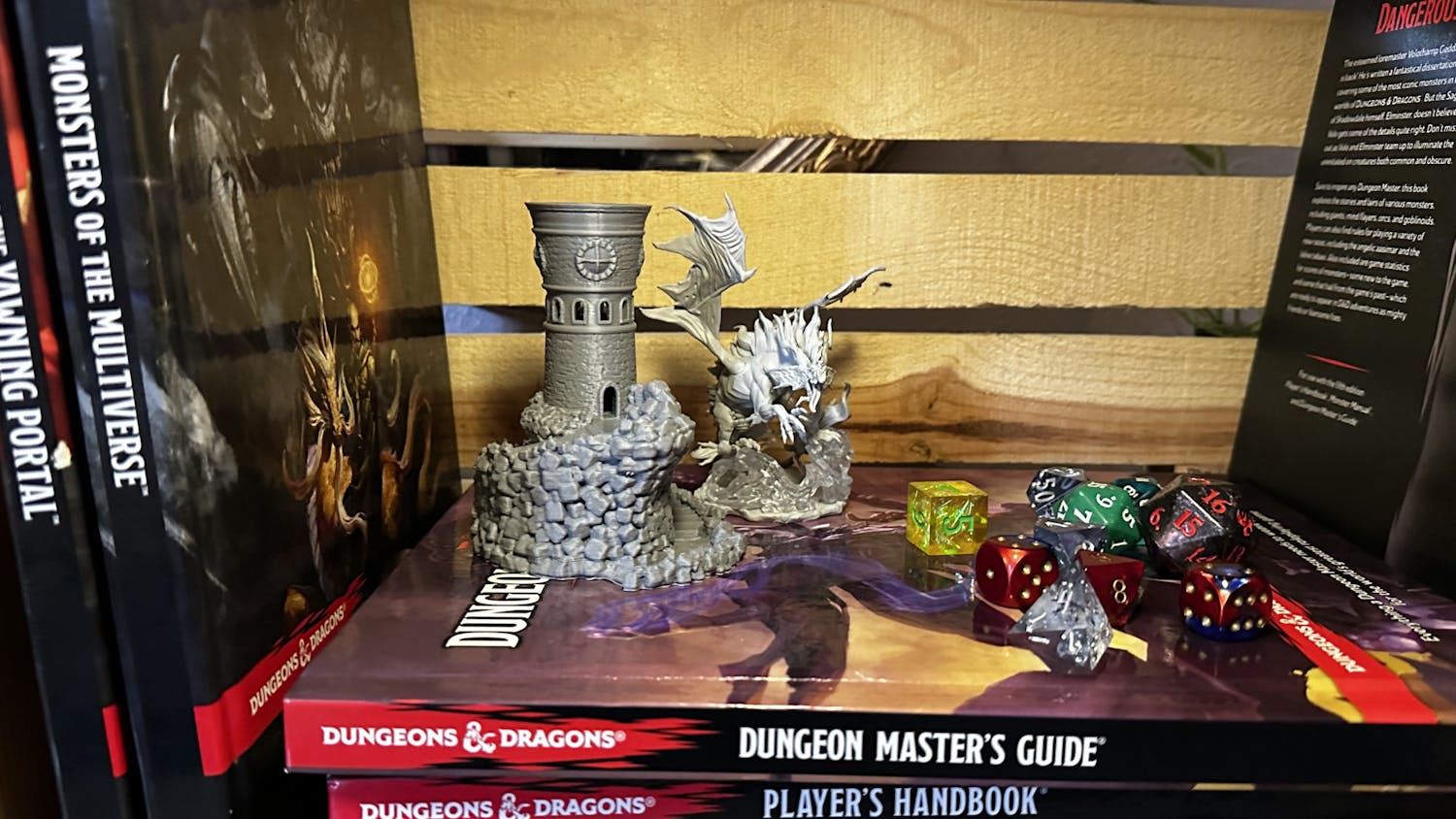Column by Makenna Marks
Love… what the heck is it? Short answer — there isn’t one. Everyone has their own definition of what they think love is. So, if we can’t even define love, how are we supposed to know when we’ve found it?
I thought the best way to go about this was to talk to people who have experienced love themselves. Since love is different for everyone, I wanted to talk to a range of people who would give a unique perspective.
Staci Weller is a certified life coach specializing in love and relationships. Weller acts as “Bellingham’s wingwoman” and has been coaching singles for six years.
As a dating coach, Weller said she helps singles learn how to love themselves first.
“Most of my clients want to attract love,” Weller said. “The secret is to do it from a very authentic place and, you know, really from a place of recognizing that love is their true nature.”
Learning to love ourselves is easier said than done. It takes time and work. Loving ourselves is so much more than putting an affirmation on our bathroom wall, Weller said. It’s important to develop positive habits along the way to becoming full of self-love, whether that be meditating every day or treating ourselves to a massage every once in a while.
As college students, many of us have found ourselves in a situation when we don’t know if we’re actually in love with someone, or if we’re just infatuated with them. You’ve been seeing this person for a while, you talk every day and you think about them more than you would like to admit. Is that love?
“I think one of the big things is that person shows up for you, that they're actually motivated to engage with you, to be really present with you,” Weller said.
For those of us who will be spending yet another Valentine’s Day single, should we be out here actively pursuing love? Should we be putting ourselves out there? Or should we just be sitting back and letting love find us?
Weller said it all depends on what we’re looking for. Are we looking for someone to complete us or simply complement us?
“If you really love yourself, you're actually attracting — you're like a magnet.”
The lesson here: Love yourself first, and love will find you.
But sometimes love will find you when you least expect it.
Nate Geer is 22, and married to Emma Geer, his high school sweetheart. They met in school when Nate was 16 and Emma was 15. Now 22 and 21, Emma is a teacher and Nate does tech support. The couple lives in Everett and just bought their first house.
Nate knew he was in love with Emma when he started wanting to tell her everything. Whenever something good or bad happened, he wanted to tell her about it.
“Every time I imagined my life and my future, she was always in it,” Geer said. “When that started happening, that’s when I knew.”
But even when we start to imagine our future with someone, that feeling isn’t always reciprocated, and it’s terrifying. So how do we know when they love us back?
Geer remembered how he knew Emma was in love with him.
“There was this one time where we were at her grandpa's house, and we were still in high school,” he said. “We were just hanging out, and I look over and she was just crying. I just asked her why she's crying and she said she was scared that I was going to stop liking her. I started crying too, and I was like, ‘No, I'm not going to stop loving you, ever.’”
Nate said he never doubted his feelings for Emma, even at 16 years old. Imagine if you ended up marrying the person you dated at 16. Love works in mysterious ways.
We often focus on the heternormative, cisgendered world of love and dating. For the most part, that’s all we see in movies, read in books or hear about in music. We’re all well aware of gender stereotypes when it comes to men, women and dating. Men should make the first move, women like to be chased, the man should pay for the first date, etc. I’m over it! There are so many more possibilities and identities, and they aren’t talked about nearly as much as they should be.
Nichole Vargas, a third-year Environmental Policy major at Western, works at the AS Queer Resource Center on campus. She shared her own experiences with love and dating as a self-identified queer woman.
When it comes to gender roles, Vargas said she has experienced them in her relationships with both men and women.
“Even with my relationships with women, there's still that expectation like, ‘Oh, the person who is more masculine has to make the first move,’” Vargas said. “Since we all grew up in this culture, it's really hard to not be affected by that.”
Vargas said in her relationships with women, she really enjoyed that there wasn’t any kind of script that she needed to follow.
“Queer love is pretty great, and I feel like loving other women kind of helps [me with] loving myself, too,” Vargas said. “Love is so much more than just a man and a woman.”
Vargas is currently in a long-distance relationship and finds herself wrestling with the definition of love.
“I truly try not to stress like, ‘Oh, do I love love or do I just love,’” Vargas said. “I'm just gonna enjoy and feel what I feel, you know, because worrying about it just takes away from that.”
Love is whatever you want it to be. It doesn’t need a definition.
Love can also be found in many different places, not just romantic relationships.
Tom Osborn, 62, became a pastor in 1979, has been a husband for 34 years and is a father of four. Throughout his life, Osborn has given and received love on many different levels.
When he was 11, Osborn’s father passed away. He blamed God for his father’s death and went through a stretch of rebellion in his life. When Osborn was a senior in high school, his best friend died in a car accident. Osborn said the event changed his perception of God, and he started to develop a new relationship with him.
“That moved me back into my relationship where I began to really understand that even when I was hating God, he was still loving me,” Osborn said. “The cool thing about it all is that I came to believe that God loved me just the way I was.”
Osborn was able to define the love he felt from God as an “unconditional commitment to an imperfect person.” This definition is one he has strived to live by his whole life.
But when it comes to his marriage, Osborn doesn’t refer to love as a feeling. Instead, love is a choice.
“The problem with feelings is feelings come and go,” Osborn said. “They're fickle, and you can say, ‘I feel like I love you,’ but the bottom line is if you're going to talk about love, it’s a decision to say, ‘I choose you.’”
Osborn also tries to stay away from using the term, “falling in love.” Instead, he uses, “growing in love.”
When a lot of us talk about love, we say things like, “I love you because of,” rather than, “I love you in spite of.”
The difference being that one phrase has the ability to build a relationship so that you can learn to tackle whatever obstacle life throws at you.
For 34 years, Osborn has been married to his wife, Karen, and believe it or not, they haven’t had a single fight. What’s the secret? Tom and Karen are best friends.
“We've had misunderstandings,” he said. “But in order to have a fight, you have to have this attitude that says, ‘I'm going to win.’ And we don't believe in that attitude in our marriage.”





